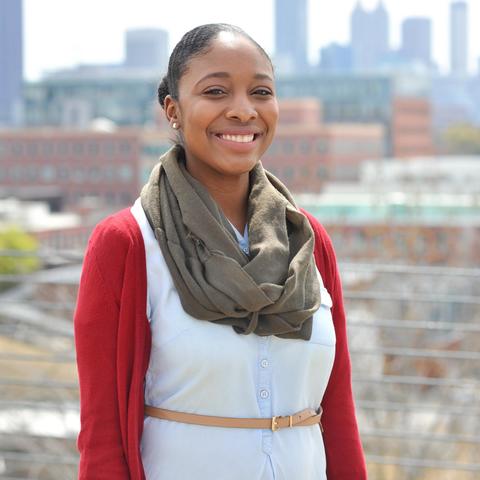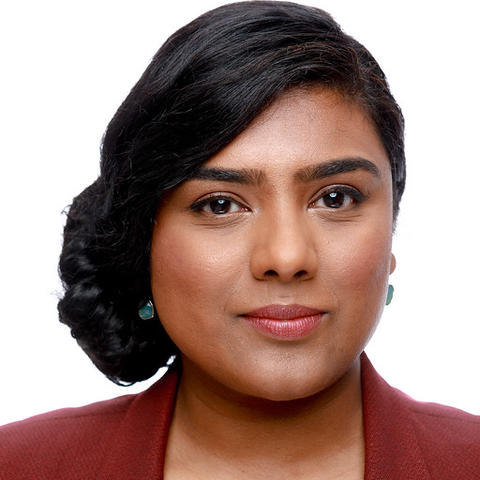Section Branding
Header Content
On Second Thought For Friday, June 8, 2018
Primary Content
Thirty-seven million Americans live in poverty today. According to the National Women's Law Center, more than half of them are women. Race, health and gender discrimination contribute to this disparity, but to learn about the economic history that led us to where we are today, we spoke with Diana Pearce and George Robb.
On Second Thought for Friday, June 8, 2018.
In the majority of Georgia families, mothers are the sole, primary or co-breadwinners, according to the Center for American Progress. But that doesn't mean they have the wages to adequately support themselves and their loved ones — particularly when it comes to minimum wage workers in Georgia, of whom 6 in 10 are women. And beyond the wage and wealth gap, women lack access to other things that Shilpa Phadke says are critical for their economic security: affordable child care, harassment-free work environments and quality health care. Phadke is the vice president of the women's initiative at the Center for American Progress. She spoke with us about the obstacles she has found that women in Georgia face when it comes to achieving financial prosperity, or even stability. We also spoke with Wula Dawson, director of development communications for the Feminist Women's Health Center in Atlanta. Dawson explained why access to reproductive health care is essential for women's economic security.
The people who work in the financial world have long skewed male, but things are starting to balance out. Today, 47 percent of management and professional roles in American financial firms are occupied by women, according to the U.S. Bureau of Labor Statistics. Yet Georgia women who are full-time, year-round workers still earn around 82 cents for every dollar that Georgia men earn. We sat down Tarra Jackson, Helen Ngo and Madi Gilroy, three women who occupy different lines of work in the financial realm. We asked them ways in which they combat sexism, the gender pay gap and how to be a mentor for other women seeking finance as a profession.





